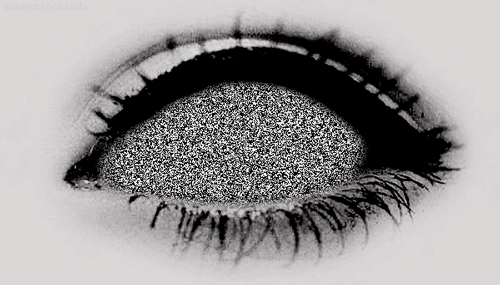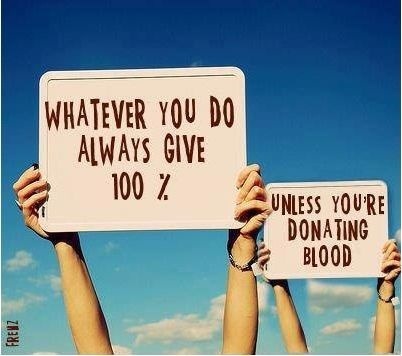by Katie Avagliano
I get it, we’re just days after the snowpocalypse. There might still be snow blocking your front door. Also, it’s January. Do we really need to start that 25 page end-of-semester research paper in January? That grad school application can wait until the snow melts.
But you know that’s not what’s going to happen. It’s going to wait until the day before it’s due, or the week before it’s due, and you’re going to stress out.
So get started today. Baby steps, I swear.
#1: Go to the library
Just go in the library and smell the books. Look up your topic, find the call number, and stand in front of the shelf for a little while.
The library is organized by subject. It’s kind of genius, actually. So if you’re doing a paper on the old Hollywood studio system, you might be looking for Clark Gable and the book right next to it just as useful.
At American University, graduate and undergrad students alike can check out as many books as they want. The loan period is four weeks, for undergrads, and six weeks for graduate and law students.
So go crazy! Bring all the books home and just flip through them for a couple of weeks. Real paper books can be inspiring.
#2: Read a Wikipedia article
Or, you know, grab an actual encyclopedia, but just knowing the overview of your subject can really help you focus on what you’re researching on. And if you find something interesting, look for more sources to confirm it. Wikipedia is a good way to know what the bare minimum research already can tell you. Just make sure to move on from the website and actually read a scholarly source.
#3: Talk it out
This is where the Writing Center comes in. We’re like those friends who pretend to care about your French Revolution paper, except we actually care. Come by with your Wikipedia research and your sixteen books and your idea and we will help you turn it into an outline. Papers always seem so much easier when you have a well-crafted thesis and five or six topic sentences right there.
#4: Un-schedule yourself
You know how when you start a paper the week before it’s due you put crazy demands on your mind and body. Like: Today I have to write my entire paper, or Today I have to get all my research done, or I have ten minutes to edit this whole thing.
Because you’ll now have weeks or months to finish your paper, you’re not trying to schedule your paper like train times. You’re just trying to keep sane, and balanced. Sit down with your planner or your iCalendar app and put in everything you have to do all week. Your classes, your soccer practice, your job, your regular homework. A lot time for breakfast, lunch, dinner, driving, snacks, hanging with friends, watching Netflix, watching the Superbowl, watching the Oscars. Try to account for everything. Remember you need eight hours of sleep.
Now how much time do you have left over? Per day? Per week? That’s how much time you’ll use for writing. Now, if you have two hours left per day, you don’t have to use all of those two hours. But try to make it at least thirty minutes, so that you can really get into the groove of your assignment. And then move onto something else.
Make writing a routine. Make it un-scary. Make it so that there’s enough time left for revising, rethinking, re-editing. When you finish one assignment, move onto another. Keep that thirty minutes a day productive.
Then you’re good, man. You’re golden.
#5: Just do it
The best part about starting the paper in January is that you can procrastinate. Write five pages this month, five pages next month, edit on the weekends. But in the end, remember that procrastination can only save you for so long. Eventually you are going to have to do the thing. And when the time comes, you’re going to have to turn off Facebook and stop scrolling through Twitter and just do it. And it sucks. But it makes you a better person, I swear. If nothing else, knowing every Confederate general will help you be boss at pub trivia.






















